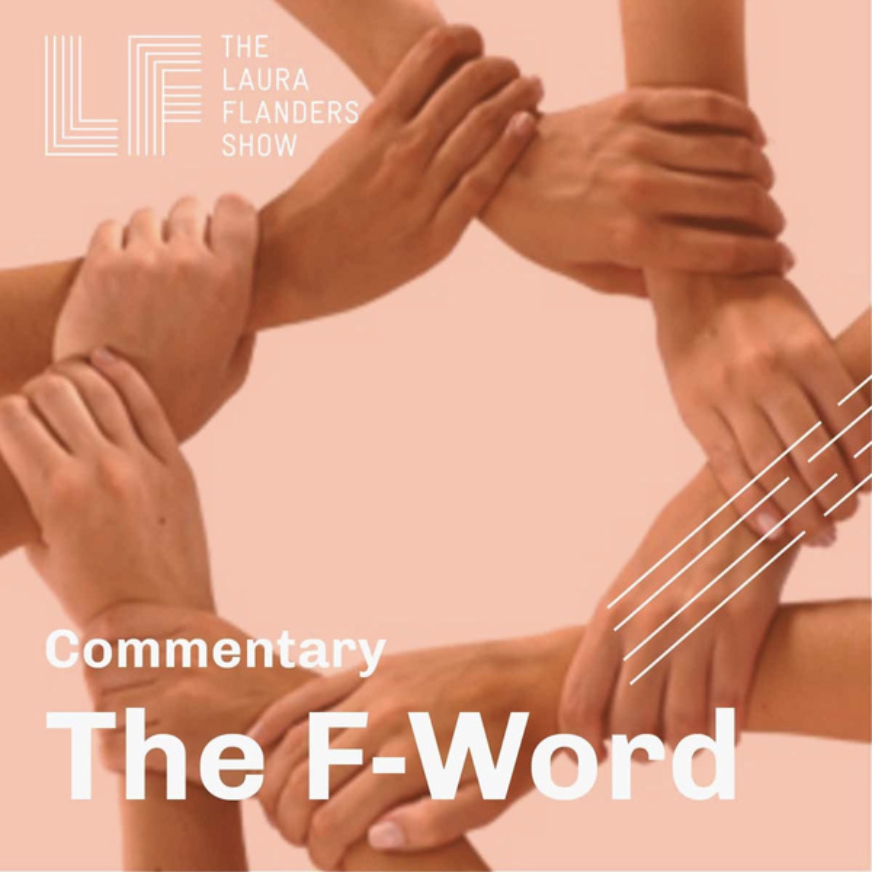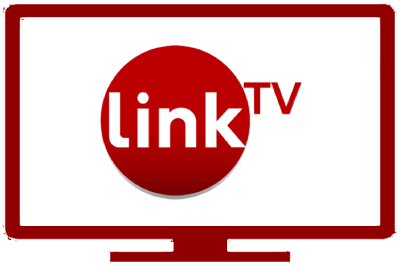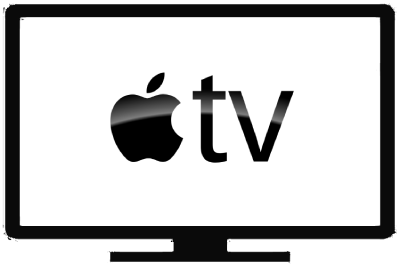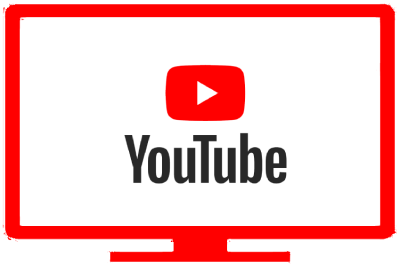Kenyon Farrow on the Racial and Economic Implications of the Coronavirus Pandemic
Guest commentary by way of Kenyon Farrow, writer, journalist, strategist, senior editor of TheBody.com and TheBodyPro.com, breaks down the racial and economic disparities present with COVID-19. This virus outbreak affects the most vulnerable communities while exposing a broken healthcare system in the United States. How will communities come together during this pandemic and what policies need to be addressed from government? Kenyon Farrow shares his insights.
Transcript
Laura Flanders:
Hi, I’m Laura Flanders of the Laura Flanders Show. Watch every week on Free Speech TV, Link TV, YouTube, or if you’re in New York, CUNY TV. Prefer to listen? Subscribe to the free podcast at lauraflanders.org. I end every week with a commentary. I call it the F Word. Here’s this week’s…
Voice Over:
This week’s guest commentary comes by way of Kenyon Farrow, senior editor of thebody.com and thebodypro.com. Breaking down the racial and economic disparities, he shares his insights on COVID-19. This virus outbreak affects the most vulnerable communities, while exposing a broken healthcare system in the United States. How will communities come together during this pandemic, and what policies need to be addressed from government? Here’s Kenyon Farrow.
Kenyon Farrow:
Most infections diseases, they tend to travel the roots of inequality in any society. If we look at what we know about just some of the risk factors in terms of senior citizens and people who have underlying kind of health issues there, we know that there are racial disparities in diabetes, for instance, and hypertension impacts African Americans and Latinos in this country and heart disease. So we may potentially over time see some real racial stratification in terms of who’s impacted, and also just given that so many workers who are unable, say, to take off because they’re in service industry jobs, tend to be more black and brown folks.
One of the things that came out of the AIDS epidemic is that it did bring people together in a moment when things were really unsure to really take care of one another, but also fight like hell to live. And if that meant fighting government, the hospitals, public health, researchers, Pharma companies, people fought. And so I think we really need to carry that same spirit and thinking about what it is we need to do to take care of our personal selves and also our loved ones and our larger community. But also, what does this expose about the kinds of things we don’t have in place as a society that would prevent this from happening in the first place. So we should be fighting like hell for paid sick leave. We should be fighting like hell for Medicare for All. We should be fighting like hell for lower drug costs. We should be fighting like hell for people to have access to these things. To think about all the kinds of infrastructure that we don’t have in place that this virus exposes. We take care of one another and continue to fight for our lives.
Laura Flanders:
If you’ve yet to subscribe to our podcast, do it through your favorite podcast app. And if that app is Apple Podcasts, please take a moment to write a review. It helps spread the word. Thanks.















